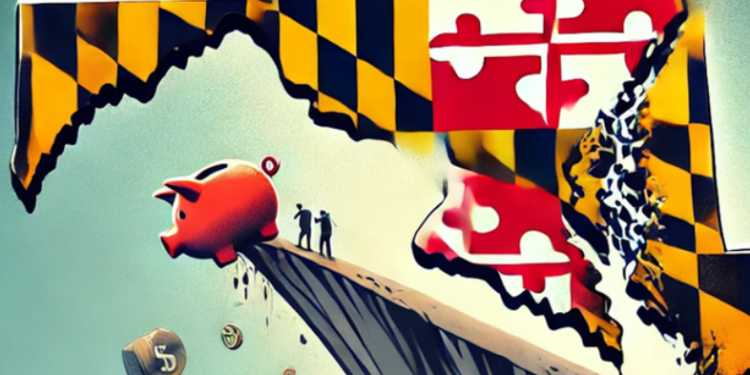French voters on Sunday night denied the Rassemblement National (RN) control of the National Assembly, delivering a significant setback to the party’s ambitions and to the expectations of many pundits. The commentariat, including myself, had largely believed the RN’s moment had arrived.
I even predicted in these pages that the far-right party might secure a governing majority in the National Assembly through an alliance with Les Républicains. However, French voters quickly disproved that theory just two days after press-time. Ah, well.
Despite gaining the highest number of votes in both the first and second rounds of the legislative elections—32 percent in the former and 37 percent in the latter—the RN (143 seats) ended up as the third-largest faction in the French Parliament’s lower house. They were outpaced by the left’s Nouveau Front Populaire (181 seats) and President Emmanuel Macron’s Ensemble (163 seats). The mainstream parties’ front républicain—a strategic alliance where the NFP and Ensemble united to defeat far-right candidates in the run-off—once again blocked the RN’s path to power. Macron had been preparing for a divided government with RN’s chief, Jordan Bardella, as prime minister. Now, it seems the premiership will likely be offered to a leader of the NFP, potentially leading France, which has recently trended rightward, towards a left-wing government.
For some supporters of the populist right, the election results brought despair. Jordan Bardella himself condemned the “coalition of dishonor” that thwarted the popular will through backroom deals.
Yet, the RN’s setback can also be viewed as a victory. The party increased its number of deputies by half, from 89 to 143, consolidated a near-exclusive hold on the regions of Picardie and Provence, and significantly weakened rival parties to its immediate left and right (LR and Eric Zemmour’s Reconquête). Even if the RN cannot govern, it has demonstrated its ability to prevent others from doing so. France is currently heading toward a political crisis, as neither the center nor the left bloc has a mandate to run the country.
The populist right in France still has a promising future. The issues fueling the RN’s rise—the cost of living crisis and mass migration—are long-term, structural problems for the entire Western world. The neoliberal consensus of open markets and open borders has not and cannot resolve them.
Contrary to the RN’s complaints, France’s political class did not break any rules in forming a republican front. Strategic voting and electoral alliances are standard features of democratic politics. However, the republican front is showing its age, as the constituent parties share little in common aside from opposing the RN. France needs a functional parliament, and the republican front—spanning from communists to moderate conservatives—will struggle to agree on a budget or a strategy to address the country’s crumbling finances and social unrest. The RN stands to benefit from the weaknesses of what it calls “the uniparty.”
RN officials have much to learn from these election results. The party made numerous unforced errors, the worst being a hasty candidate selection process. The RN had to choose 577 individuals to run for the National Assembly, but a lack of time and professional cadres made this task difficult. Predictable chaos ensued. The media uncovered several scandals among RN candidates, such as a candidate withdrawing after an image of her in Nazi regalia surfaced, another being disavowed for a Facebook post justifying the Holocaust, and others who were simply unfit for office, including one who had served prison time for taking a mayor hostage and another who was ineligible due to mental illness. Read More.
By Daniel Solomon
Disclaimer: This article may contain statements that reflect the opinion of the author. The contents of this article are of sole responsibility of the author(s). AC.News will not be responsible for any inaccurate or incorrect statement in this article www.ac.news websites contain copyrighted material the use of which has not always been specifically authorized by the copyright owner. We are making such material available to our readers under the provisions of “fair use” in an effort to advance a better understanding of political, health, economic and social issues. The material on this site is distributed without profit to those who have expressed a prior interest in receiving it for research and educational purposes. If you wish to use copyrighted material for purposes other than “fair use” you must request permission from the copyright owner. Reprinting this article: Non-commercial use OK. If you wish to use copyrighted material for purposes other than “fair use” you must request permission from the copyright owner.


















